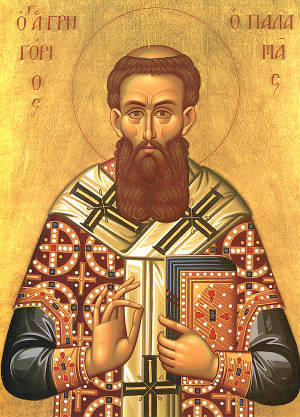St Clement's letter to the Corinthians
| They suffered because of jealousy, and are great examples to us |
|---|
Moving
on from examples in the past, let us come to those who entered the
contest in modern times – let us take the noble examples of our own
generation. Through jealousy and envy the greatest and most righteous
pillars of the Church were attacked and they kept up the struggle until
death. Let us consider the holy apostles: Peter, who because of
unrighteous jealousy suffered not one or two but many trials, and having
thus given his testimony went to the glorious place which was his due.
Paul, who through jealousy and strife showed the way to the prize of
endurance: seven times he was in bonds, he was exiled, he was stoned, he
was a herald both in the East and in the West, he gained the noble fame
of his faith, he taught righteousness to all the world, and when he had
reached the limits of the West he gave his testimony before the rulers,
and thus passed from the world and was taken up into the Holy Place —
the greatest example of endurance.
To these men with their holy lives were added a great
multitude of the chosen, who were the victims of jealousy and offered
among us the fairest example in their endurance under many indignities
and tortures. Through jealousy women were made to appear as Danaids and
Dircae, suffering terrible and unholy indignities; thev finished the
race of faith unshaken and received a noble reward, weak in the body
though they were. Jealousy has estranged wives from husbands, and made
of no effect the saying of our father Adam, This is now bone of my bone and flesh of my flesh. Jealousy and strife have overthrown great cities and uprooted mighty nations.
My beloved, we are not only writing these things to
you to teach you but also to remind ourselves, for we are in the same
arena, and the same struggle is before us. Therefore let us put aside
empty and vain cares, and let us come to the glorious and venerable rule
of our tradition, and let us see what is good and pleasing and
acceptable in the sight of our Maker. Let us fix our gaze on the Blood
of Christ, and let us know that it is precious to his Father because it
was poured out for our salvation and it brought the grace of repentance
to all the world.





